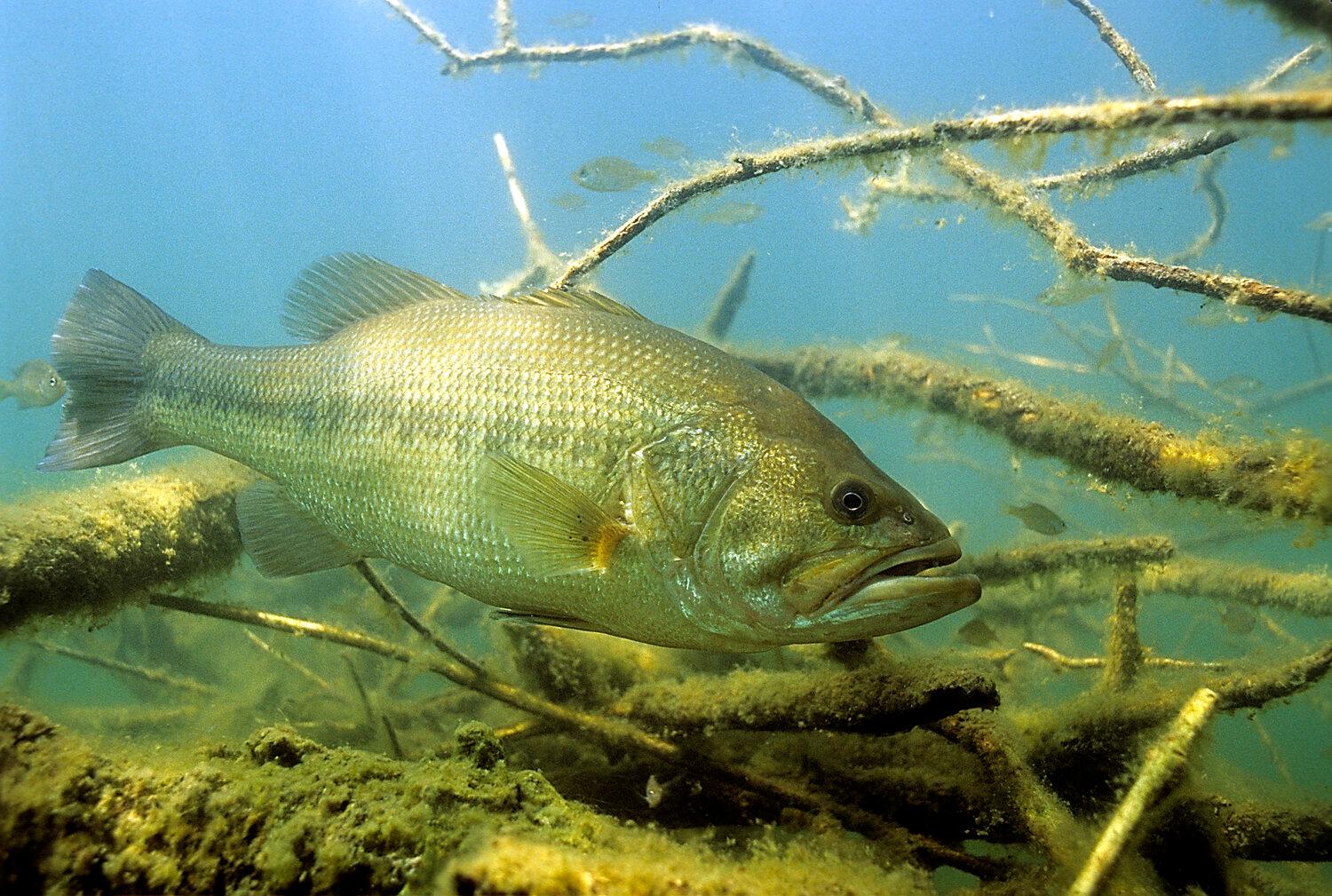

Omar Sirhandi
Lightridge High School and Loudoun Academy of ScienceClass of 2024Leesburg, VA
About
Projects
- "ON THE IMPACT OF HERBICIDE TREATMENT ON THE POPULATION CHARACTERISTICS OF MICROPTERUS NIGRICANS AND A LAKE’S RESILIENCE TO ABIOTIC FACTORS" with mentor Carly (Oct. 13, 2022)
Project Portfolio
ON THE IMPACT OF HERBICIDE TREATMENT ON THE POPULATION CHARACTERISTICS OF MICROPTERUS NIGRICANS AND A LAKE’S RESILIENCE TO ABIOTIC FACTORS
Started May 19, 2022

Abstract or project description
In the last few decades, usage of aquatic herbicides has significantly increased, causing rising concern about its potential effects on the health of the treated ecosystems. The purpose of this paper was to determine if there is a significant relationship between the application of aquatic herbicides and the health of Micropterus nigricans (largemouth bass) populations. To accomplish this, bass length and weight data was gathered from lake records and analyzed together. The lakes analyzed in this study were Lake Winnipesaukee (treated), Big Squam Lake (untreated), and Spofford Lake (untreated). All of these lakes, especially Lake Winnipesaukee, are of great economic importance to the surrounding communities. When comparing the population characteristics of the lakes on an individual basis, the lakes are ranked highest to lowest as follows: Lake Winnipesaukee, Spofford Lake, and Big Squam Lake. When comparing based on treatment status, the treated group had higher mean weight and length compared to the untreated group. The results of the Student’s t-test showed a significant difference between the means of the untreated group and the treated group. An over time comparison showed similar historical patterns among all three lakes, with fluctuations appearing to be caused by weather events. Big Squam Lake appears to be impacted less by these factors. These results indicate that while herbicide treatment may increase the size of bass, it may come at the cost of the fishery’s resilience to outside factors such as extreme weather events by interfering with the natural regulatory processes of its ecosystem.